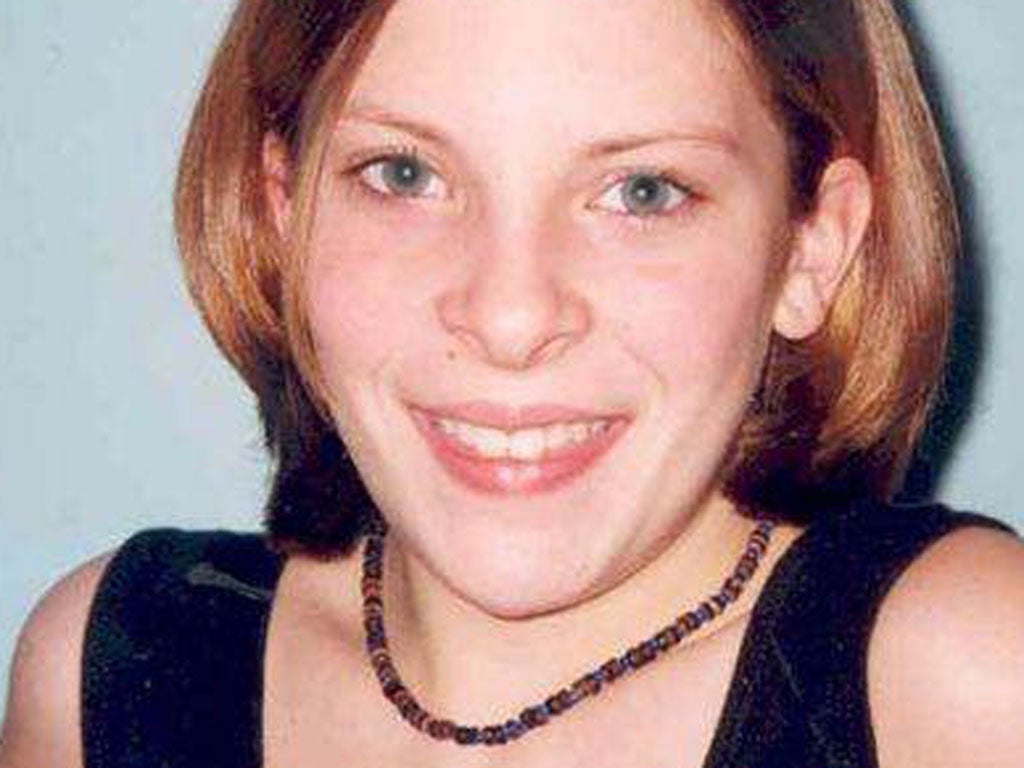
Officers from Surrey Police are "likely" to have fallen victim to phone hacking as detectives investigated the disappearance of murdered schoolgirl Milly Dowler, a seminar heard today.
The force admitted earlier this month that it had known the teenager's phone was hacked by someone working for the News of the World (NotW) in 2002.
Today counsel for Surrey Police said a "number" of officers were also likely to have had their voicemail intercepted during the same period.
Addressing a seminar ahead of Lord Justice Leveson's inquiry into media ethics and hacking, John Beggs QC, for Surrey Police, said: "My instructions are that it is likely that a number of Surrey Police officers themselves were victims at the time of the launch of the Milly Dowler investigation, in March nine years ago - were themselves victims of hacking.
"I don't want to develop that any further."
Mr Beggs's comments came as he made an application for Surrey Police to become a "core participant" in the inquiry which begins next month.
Lord Justice Leveson agreed to consider the request on the basis that the force may be subject to criticism over alleged failings during the Milly Dowler investigation.
Surrey Police have drawn increasing scrutiny in recent months after it emerged publicly in July that officers were aware Milly's phone messages had been hacked into shortly after she went missing as she made her way home from school in March 2002.
Chief Constable Mark Rowley said the now-closed Sunday newspaper made a call to the police operation room co-ordinating the inquiry into the schoolgirl's disappearance in April of that year which made it apparent it had accessed her voicemail.
But officers merely "focused on retrieving any evidence the NoTW had that could assist in the investigation into Milly Dowler's disappearance" as that was the priority, he said.
No criminal investigation was launched into how the News International newspaper came by the information it provided and Surrey Police neither arrested nor charged anyone in connection with the hacking.
The force also failed to pass this information on to the Metropolitan Police's original phone hacking investigation in 2006, it later admitted.
Milly, 13, was abducted and murdered by serial killer Levi Bellfield as she walked back to her home in Walton-on-Thames, Surrey.
The revelation that her phone was hacked by the News of the World triggered a storm of outrage that led to the Sunday tabloid's closure in July.
It also raised further questions over the actions of private investigator Glenn Mulcaire, who was employed by the News of the World and jailed along with the tabloid's royal editor Clive Goodman for intercepting voicemails in 2007.
Addressing Lord Justice Leveson, Robert Jay QC, counsel to the inquiry, said a journal belonging to Mulcaire revealed "at least" five more News of the World journalists may have been involved in hacking.
But he added: "Identification as a name on Mr Mulcaire's notebook page would not provide conclusive proof (that someone was involved).
"It would provide an inference and it would be for you to assess whether that inference could be appropriately drawn."
The seminar, at London's Royal Courts of Justice, set out to consider the "interface" between the work of the inquiry and the police investigation into phone hacking amid concerns the lengthy probe could prejudice criminal proceedings.
Lord Leveson's inquiry is to be conducted in two parts. The first will examine the culture, ethics and regulation of the media while the second is to look at phone-hacking allegations, the shortcomings of the original police inquiry and claims of corrupt relations between police and the press.
Police investigations continue and decisions have yet to be made in relation to a number of suspects who could still be charged.
Neil Garnham QC, representing the Met Police and the Crown Prosecution Service, said: "We say the inquiry ought not, as a matter of principle, rehearse any evidence in part one that is likely to prove central to the criminal proceedings."
The seminar also addressed requests by a number of potential witnesses to speak on condition of anonymity, along with the concerns that some of those called to give evidence could be limited by the police investigation.
Referring to the 14 people arrested - "most" of whom are former employees at the News of the World - Rhodri Davies QC, representing News International, told the hearing: "They occupied some key positions at that paper - from reporters up to the editor - as is well known.
"If one wants to find out what happened and who knows what inside the paper, we would need to ask those people.
"We would need to check with the people that were there at the time.
"The risk is that it can only be half a job and that's extremely dangerous and would not result in satisfactory conclusions."
Mukul Chawla QC, representing Rebekah Brooks, echoed his fears, adding: "There are likely to be a number of people in a position, like my client, who want to help but find that the restriction being placed upon them make it difficult for them to assist."
On the issue of anonymity, Lord Justice Leveson was told that cyphers could be used to avoid any issues of identification.
During the hearing, he said core participant status had been granted to the National Union of Journalists (NUJ).
Applications have also been received from Telegraph Media Group and Trinity Mirror.
The inquiry, which will start on November 14, is due to hear evidence from Milly's parents Sally and Bob in the second week.
It is understood that Surrey Police became aware its officers were subject to interception following the launch of Operation Weeting - the Met Police investigation into phone hacking - earlier this year.
PA
